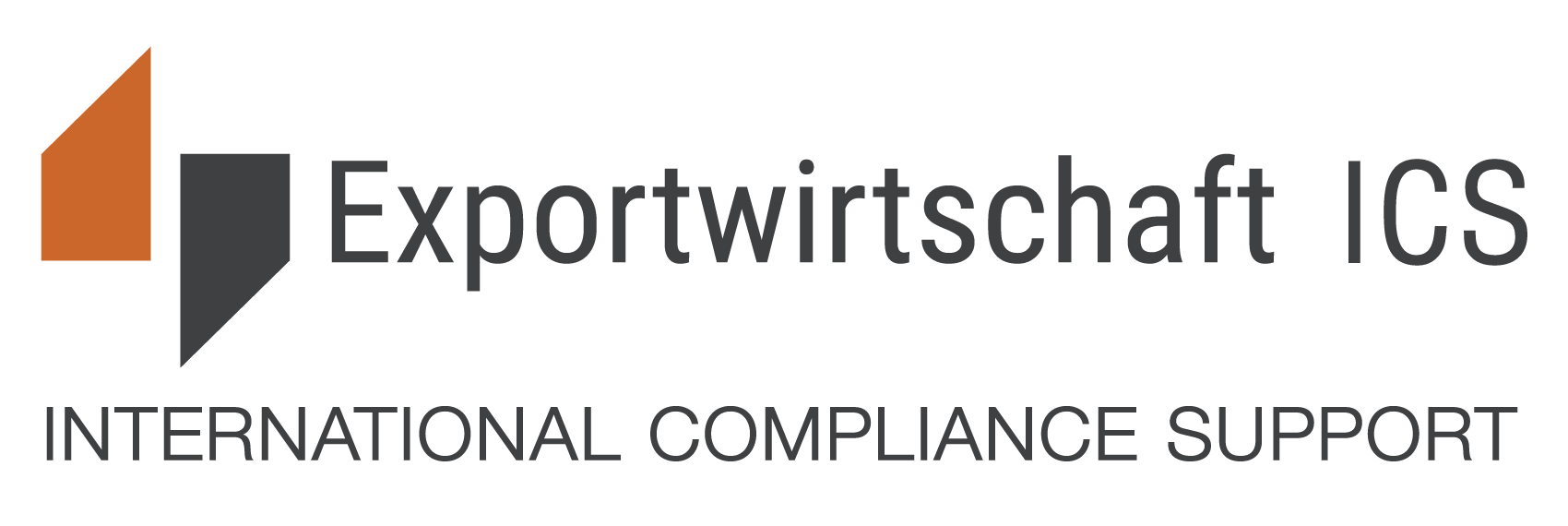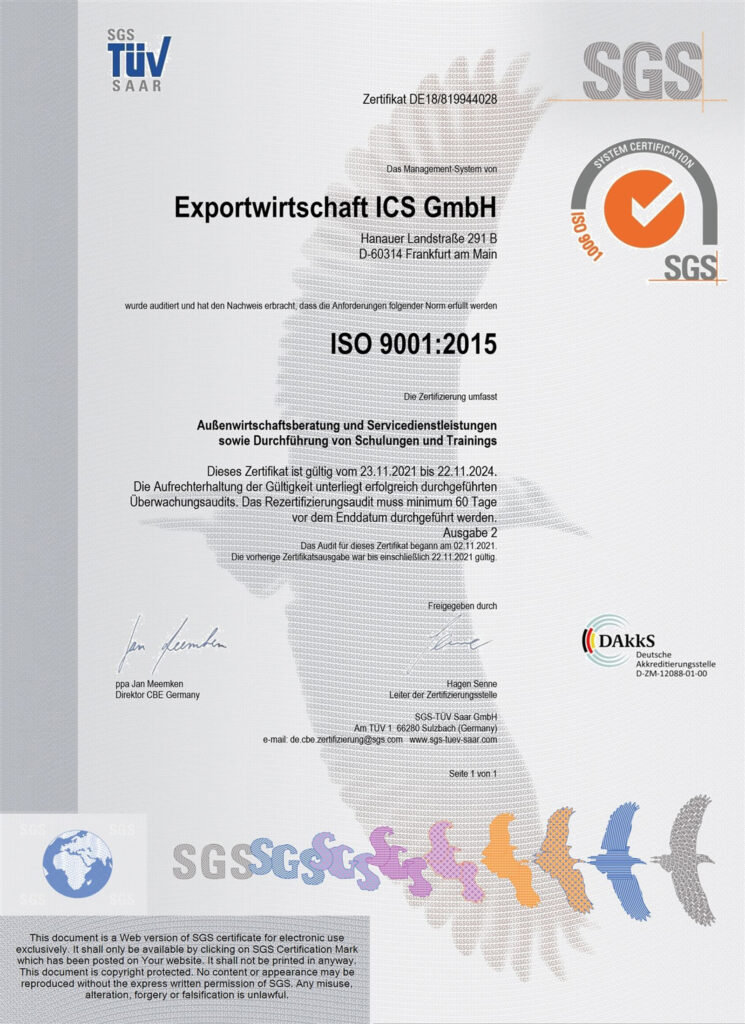Section 18 of the German Foreign Trade and Payments Act (AWG) remains a key issue in the area of foreign trade and continues to be the focus of the authorities. It is crucial for companies to be able to demonstrate a compliant process landscape, as required by the EU Commission and the Federal Office of Economics and Export Control (BAFA). In practice, this is ensured by suitable export control systems and IT solutions. In this article, we would like to share our experience in this area with you and provide you with the best possible support.
Our work as an external service provider in the field of customs and export control has enabled us to work intensively with our clients and their operational organizational units in order to carry out audits in a targeted manner. This has enabled us to gain valuable first-hand knowledge which we would like to pass on to you. It is now clear that the customs authorities are undergoing a generational change. The auditors are generally well to very well trained, particularly in the areas of the Foreign Trade and Payments Act (AWG) and the Foreign Trade and Payments Ordinance (AWV). The audit procedures are therefore particularly precise and increasingly focus on high-risk countries and high-risk goods.
Focus on honesty: How we can support you
In the context of an external audit by the Main Customs Office (HZA), honesty is of central importance. In this context, honesty means that a company or person is honest and correct in its transactions and documentation. Our extensive experience with numerous external audits and audits enables us to help industrial clients, depending on their business model and goods portfolio, to organize honesty sustainably and, above all, measurably via the structural and process organization.
Documentation and evidence
Complete and precise records of all relevant business documents should be carefully kept and stored. This includes accounting documents, invoices, delivery bills and customs documents. It is particularly important to keep the export control management system up to date so that the functionality and interlinking of the process landscape can be demonstrated. In accordance with the licensing requirement (SDE, formerly ZA), the document booklet should always be accurate and up-to-date.
For potential dual-use goods, the relevant inspection documentation and demarcation features should be recorded and documented. The tariff classification justifications for competing items with embargo reference as well as the non-binding and binding tariff information should also be properly filed.
Transparency in all business transactions is important. These should be documented in a transparent and comprehensible manner so that they can be easily verified during an audit.
Processes and internal controls
The company should have clearly defined processes to ensure that all regulations and legal requirements are complied with. This also includes the regular review and updating of these processes.
Mechanisms should be in place to monitor and control compliance with these processes. This could be through internal audits or regular inspections.
Cooperation with the HZA
During an external audit, it is important to work openly and cooperatively with the HZA auditors. All inquiries and requests should be answered promptly and completely.
If irregularities or errors are found during the audit, the company should be prepared to correct them immediately and take appropriate action to avoid future errors.
Training and awareness
Regular training of employees on the relevant legal requirements and internal processes contributes to probity. Employees should know which documents are important and how to maintain them correctly.
It is important that all employees understand the importance of integrity and are aware of their responsibilities.



